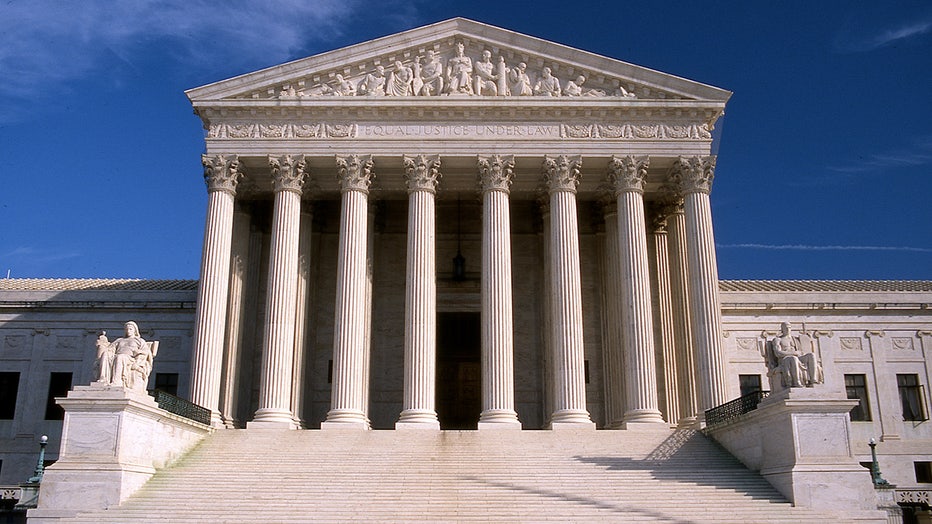Potential blockbuster U.S. Supreme Court term underway
NEW YORK - The U.S. Supreme Court opened its new term on Monday with a water-rights dispute between Mississippi and Tennessee, a relatively apolitical warm-up to what will be a politically charged term by the time Mississippi returns to the justices in December to argue that Roe v. Wade should be overturned.
The state will be defending its law banning abortion after 15 weeks of pregnancy before the court's six-justice conservative majority in its first full term together following Justice Amy Coney Barrett's confirmation several weeks into the start of the court's previous term.
The stakes of the Mississippi abortion case, Dobbs v. Jackson Women's Health Organization, are "absolutely enormous," said Professor Carolyn Shapiro, the co-director of Chicago-Kent College of Law's Institute on the Supreme Court of the United States.
The court is widely expected to uphold the 15-week abortion ban, and such a ruling would drastically cut back on abortion rights without taking up Mississippi's invitation for formally reverse Roe and the 1992 ruling that reaffirmed it, Planned Parenthood of Southeastern Pennsylvania v. Casey.
"Even something more incremental with this case could be pretty dramatic," Shapiro said.
The arguments in Dobbs will come a month after the court will hear a challenge to New York State's gun laws sharply restricting who can get a concealed carry permit in the state. The arguments in New York State Rifle & Pistol Association Inc. v. Bruen will be the first time the court has weighed in on the scope of the Second Amendment since ruling almost a decade ago that states could not ban handguns used for self-defense in the home.
This term's case could extend that right beyond the home, and impact other states with similarly restrictive gun control laws.
The justices are also set to decide whether to reinstate the death sentence of Boston Marathon bomber Dzokhar Tsarnaev and whether Sen. Ted Cruz, R-Texas, broke campaign finance laws governing how he repaid loans he made to his 2018 campaign.
Get breaking news alerts in the free FOX5NY News app | Sign up for FOX 5 email newsletters | Get the Fox 5 Weather App
Meanwhile, the justices are awaiting the view from the U.S. solicitor general on whether to take up a case challenging Harvard's affirmative action admissions policy, saying the school discriminates against Asian applicants. The challenge, if successful, could end race-conscious admissions in higher education altogether. Like reversing Roe v. Wade, outlawing affirmative action is a goal the conservative movement has tried and failed to achieve since the 1970s.
But President Donald Trump's three appointments to the Supreme Court have put both goals closer within reach than ever before.
Still, the new term begins with public approval of the Court at 40%, according to Gallup, the lowest since the organization began tracking such rates in 2000.

The United States Supreme Court building in Washington, D.C. (Government file photo)
Justices Clarence Thomas, Stephen Breyer, Samuel Alito, and Amy Coney Barrett in recent weeks have defended the court against those accusing its conservative majority of playing partisan politics.
"Our job is clear: just do the job," Alito said in a speech at Notre Dame Law School last week. "And I am confident that that is what the court will do in the upcoming term and the years ahead."
Yet Shapiro said the justices are not just calling balls and strikes on the most hotly contested cases.
"I would prefer they talk less about 'We're not partisan hacks' and talk more honestly about how this is a job that involves a lot of discretion," Shapiro said.

